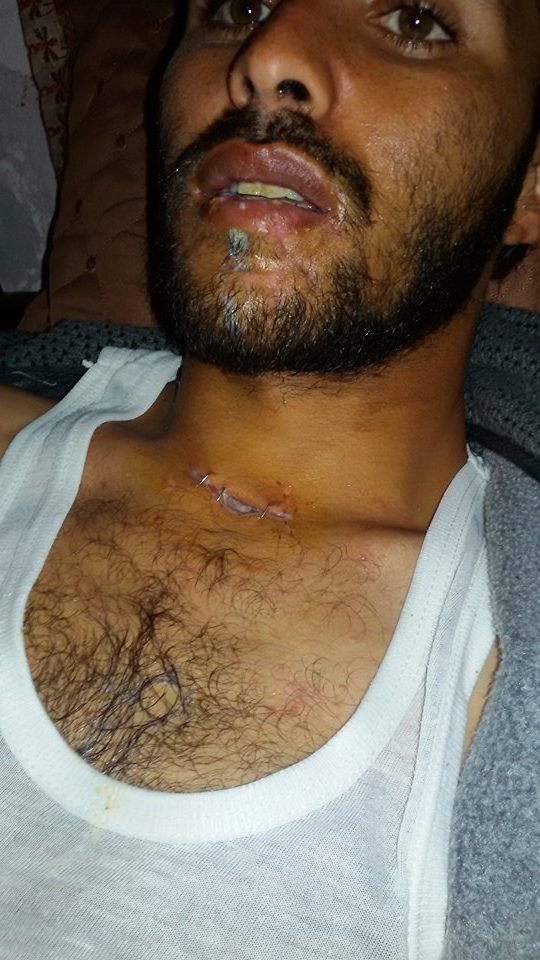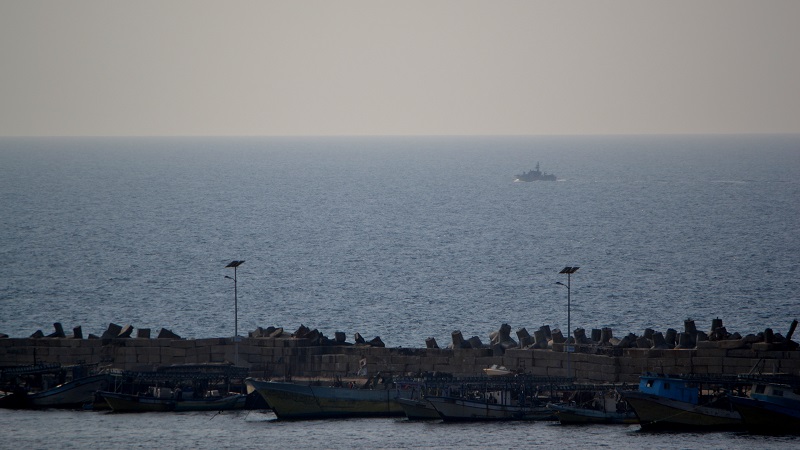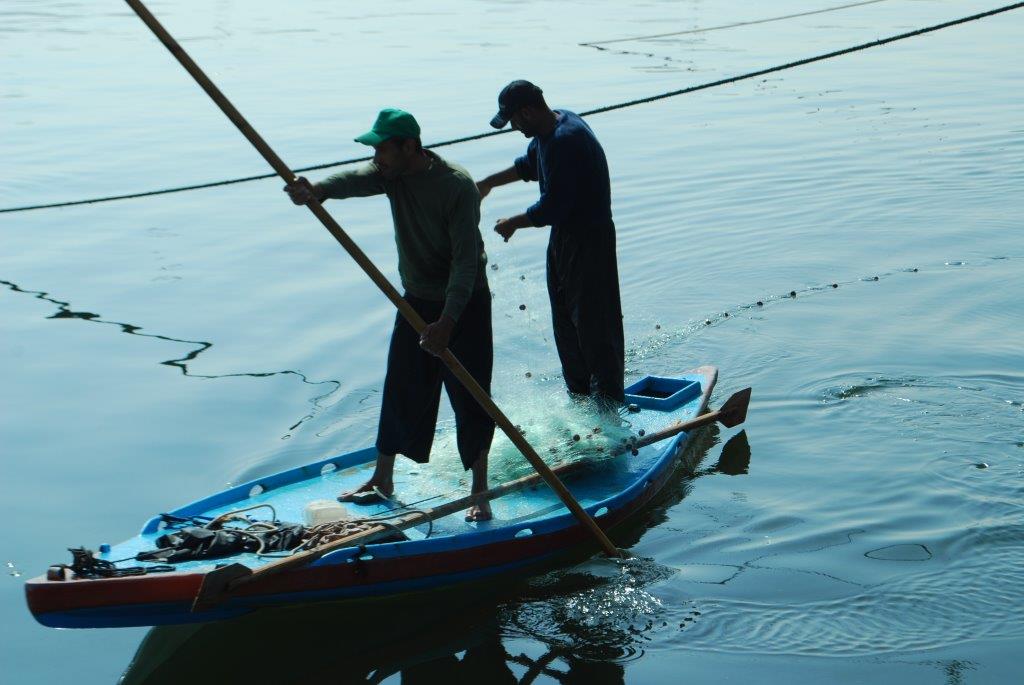Tag: Naval Blockade
-

Israeli navy attacks and seriously wounds Gaza fishermen
1st March 2016 | International Solidarity Movement, Gaza-team | Deir El Balah, Gaza Strip, occupied Palestine One month ago Mohamed Said El Saidi, 23 years old, and his brother went back to the sea around 5am in order to pick up the nets that they had previously left 2 miles offshore in Deir El Balah. When…
-

Sami Ali El Goga – The Story of a Gazan Fisherman
ISM Gaza met the fisherman Sami Ali El Goga, 36, who lost his hand and part of his arm the 12th March 2007, when he was attacked by the Israeli navy. In the same attack his boat was completely destroyed and his 13-year-old nephew, who was in the boat with him, sustained shrapnel wounds throughout his body.…
-

What will Gaza’s Ark face from the Israeli navy as it challenges the blockade?
17th April 2014 | International Solidarity Movement, Charlie Andreasson | Gaza, Occupied Palestine The heavy bang is heard clearly, and I have to resist the impulse to climb over the breakwater to try to get a view of the attack in the haze. And a new round of bangs is heard. It can’t be far off…
-
“Soldiers opened fire at our boat and engine. We were about to sink”
21st March 2014 | International Solidarity Movement, Rosa Schiano | Gaza, Occupied Palestine On Tuesday, 11th March, Israeli naval forces arrested two Palestinian fishermen and confiscated their fishing boat off the coast of Gaza City. The two cousins, Shabaan Abu Ryala (33) and Jihad Abu Ryala (24), both from al-Shati (“Beach”) refugee camp, went to fish at 7:00…
-
Israel continues military violence against Palestinian fishermen in Gaza waters
19th February 2014 | International Solidarity Movement, Charlie Andreasson | Gaza, Occupied Palestine Three Palestinian fishermen were arrested and had their boats and gear confiscated by occupation forces on Tuesday, 11th February, in two separate incidents, despite the fact that they were well within the Israel-permitted zone and could not be classified as security threat to the State…


